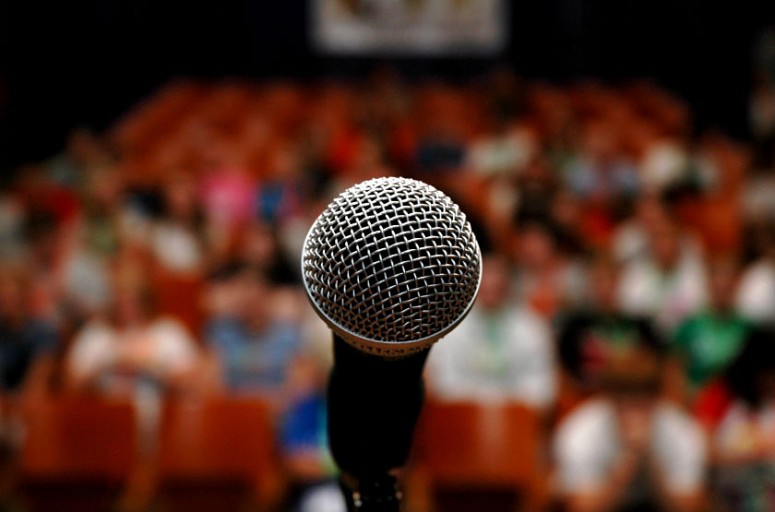
Credit: Wikimedia Commons
There are a lot of productivity myths. For instance, early birds are more productive, structure kills creativity, adding resources increases output, and more. Although well intentioned, these are all wrong.
So what works? What productivity hypotheses have been tested and proven by science? After sifting through dozens of top search results, reports, and studies, this is what I found. The most convincing, substantiated, and established productivity strategies: Continue reading…

wikimedia commons
Humans are more distracted now than ever before, at least since we’ve started keeping records. Over the last decade, the average attention span has dwindled from 12 seconds in 2000 to just eight seconds in 2014, according to the U.S. Library of Medicine. The kicker: our eight second attention spans are one second shorter than a goldfish’s. No joke.
Who or what’s to blame for such abhorrent focus? “External stimulation,” says the Library of Medicine. That’s code for mobile internet, apps that vie for our attention, push email, social media alerts, work from anywhere, persistent connectivity, and our enthusiastic adoption of “the internet of things.” In other words, the only person we can blame is ourselves.
What’s a working professional to do then? You have three options, according to popular thinking: fall off the grid, stick with default technology settings for substandard productivity, or my personal favorite, set usage boundaries to upgrade concentration, contributions, and welfare levels.
For those interested in options one or two, this article won’t be any help. But for for those interested in the latter, there’s quite a lot you can do to stay focused in a 24/7 world. After extensive online research, here is the most celebrated and pragmatic advice for doing just that: Continue reading…

flickr/creative commons
What do great speakers such as Martin Luther King, Steve Jobs, and top TED presenters have in common? Why do we remember phrases such as, “I have a dream,” “Getting fired from Apple was the best thing to happen to me,” and “Ask not what your country can do for you; ask what you can do for your country”? What’s the most effective way to persuade a listening audience, either to laughter, action, awareness, or inspiration?
After researching dozens of the Internet’s top search results from a broad range of expert or otherwise popular speakers, we have answers to those questions and more. Of course, there’s no foolproof way to becoming a charming or memorable presenter. But there are several virtues all great speakers uphold. Chief among them: Good orators change the emotions of their audience, rather than just informing them. They inspire them, encourage them to act.
Whether you’re motivating a distrustful audience, leading a team of individuals, selling the next big idea or product to market, or even entertaining a hard to please crowd, here are 10 qualities all good presenters posses: Continue reading…



